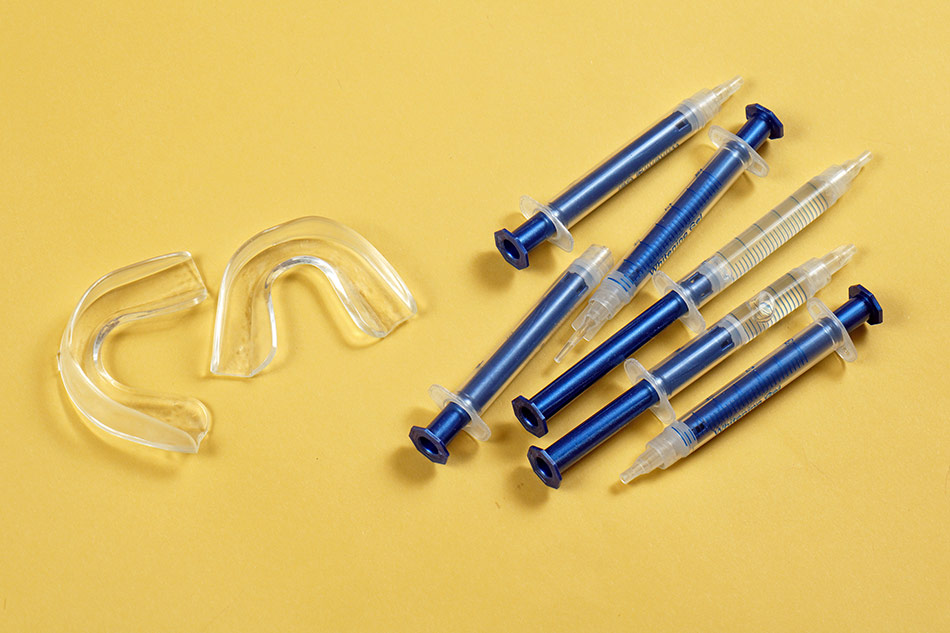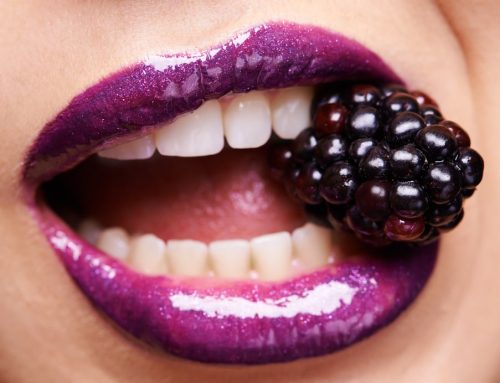Exploring the Safety of Hydrogen Peroxide in Laser Teeth Whitening
When it comes to achieving a brighter, whiter smile, laser teeth whitening is a popular choice among our clients. Central to its effectiveness is the use of hydrogen peroxide, a formula known for its teeth whitening prowess. However, like many chemical processes, questions surrounding the safety of hydrogen peroxide in laser teeth whitening continue to arise. This blog delves into the safety aspects of using hydrogen peroxide in laser teeth whitening, providing clear insights into its function, application, and benefits.
Understanding Hydrogen Peroxide in Teeth Whitening
Hydrogen peroxide is a common and effective formula used in dental care. It works by breaking down into water and oxygen. The oxygen molecules penetrate the enamel, breaking apart the molecules responsible for stains. This chemical process is what leads to the whitening effect.
Hydrogen peroxide has been a staple in cosmetic teeth whitening for years, used for its antibacterial properties in treatments ranging from oral surgeries to root canals. Its application in whitening has made it an indispensable tool in cosmeticpurposes.
The Role of Hydrogen Peroxide in Laser Teeth Whitening
In laser teeth whitening, hydrogen peroxide serves a pivotal role. Here’s how the process works:
- Gel Application: The procedure begins with the application of a hydrogen peroxide-based whitening gel directly onto the surface of the teeth.
- Laser Activation: A laser light is then directed at the teeth, which activates the hydrogen peroxide and accelerates its whitening effects. The laser helps break down the peroxide compound quickly, allowing the oxygen molecules to do their work more effectively.
- Stain Removal: As the oxygen molecules interact with the stain molecules, they break them down into smaller, less visible compounds, resulting in a whiter appearance.

How Safe is Hydrogen Peroxide for Teeth?
When used properly, hydrogen peroxide is considered safe for teeth whitening. However, it's crucial that the procedure is performed under the supervision of a professional. Here are some safety considerations:
- Concentration Levels: Trained professionals use specific concentrations of hydrogen peroxide, usually between 15% - 40%, which are deemed safe and effective. Over-the-counter products typically have lower concentrations due to potential misuse.
- Time of Exposure: Our whitening specialist carefully control the duration of exposure to hydrogen peroxide to minimize any potential damage to the teeth or gums. Overexposure can lead to increased sensitivity and gum irritation.
- Gum Protection: During the procedure, protective barriers are used to shield gums and other soft tissues from the hydrogen peroxide to prevent irritation or burns.
- Post-Procedure Sensitivity: Some clients may experience temporary sensitivity following the procedure. This is usually mild and resolves on its own, but it’s important for our client to discuss any concerns with our trained professionals.
Benefits of Professional Application
The professional application of hydrogen peroxide in laser teeth whitening ensures the highest safety standards, offering several benefits:
- Customized Treatment: We tailor the concentration and application to each clients specific needs, ensuring optimal safety and effectiveness.
- Supervised Procedure: Under the care of our professionals, the risk of improper application or overuse is minimized, dramatically reducing potential side effects.
- Rapid Results: Laser activation speeds up the whitening process, often achieving noticeable results within a single session, compared to multiple weeks with at-home products.
Addressing Common Concerns
- Enamel Safety: One of the most common concerns is whether hydrogen peroxide affects tooth enamel. Research shows that professional application is unlikely to harm enamel. Indeed, hydrogen peroxide, when used properly, is safe, and any temporary alterations to enamel are quickly re-mineralized by saliva.
- Tissue Irritation: If not applied properly, high concentrations of hydrogen peroxide can potentially irritate gums. Professional application includes precautions and protective measures that help prevent irritation.
- Long-Term Effects: Long-term use and repeated whitening should be carefully managed and performed under the guidance of a trained professional. There is no substantial evidence indicating harmful long-term effects when teeth whitening is done correctly and sparingly.
How to Ensure Safer Whitening
To ensure safety while achieving a dazzling smile, consider these steps:
- Consider Professional Whitening Over DIY Kits: Professional whitening treatments are usually safer and offer more consistent results than over-the-counter kits.
- Follow Post-Whitening Care Recommendations: To maintain the results and minimize sensitivity, follow your whitening specailist advice on dietary restrictions and oral hygiene practices after treatment.
Hydrogen peroxide is a key component in laser teeth whitening, offering effective and safe results when used correctly. Its long history of use in cosmetic procedures underscores its role as a reliable whitening agent under professional guidance. As with any procedure, the expertise of a trained professional is crucial for ensuring both safety and optimal outcomes. By choosing laser teeth whitening at a reputable whitening salon, clients can confidently achieve the bright smile they desire without compromising their oral health.
A beautiful, white smile is not just about aesthetic improvement but also about feeling confident and content, knowing your cosmetic needs is in capable hands.
Follow this link to book your appointment todayabqteethwhitening.com/teeth-whitening-appointment/




